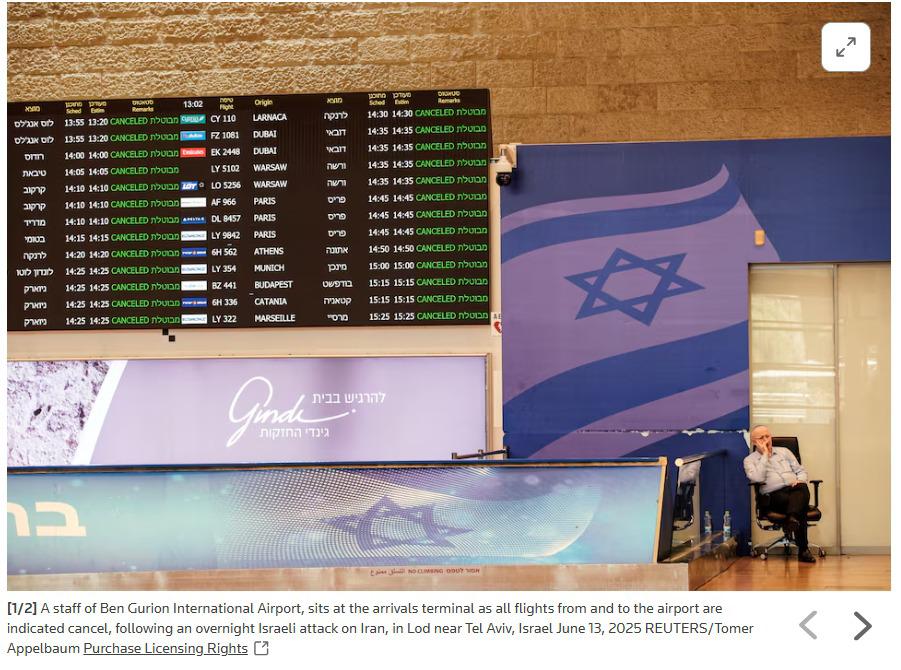Saudi Arabia will host the 2034 FIFA Men’s World Cup, while the 2030 edition will be co-hosted by Morocco, Spain, and Portugal, FIFA announced Wednesday following an extraordinary virtual Congress.
The 2030 tournament will also feature celebratory matches in Uruguay, Argentina, and Paraguay, marking the centenary of the inaugural World Cup held in Uruguay in 1930. FIFA President Gianni Infantino called it a “historic way to celebrate 100 years of the World Cup,” with matches spanning six countries across three continents.
Saudi Arabia, set to host the 2034 World Cup, becomes the second Middle Eastern nation to hold the event, following Qatar’s hosting of the 2022 edition. The decision aligns with FIFA’s designation of Asia or Oceania as the 2034 host region, a process that left Saudi Arabia’s bid uncontested after Australia and Indonesia dropped out.
The Kingdom has pledged to construct eight new stadiums for the tournament. Prince Mohammed bin Salman hailed the decision as a momentous milestone, emphasizing Saudi Arabia’s ongoing transformation under Vision 2030.
Despite the celebratory announcements, both tournaments have faced significant criticism. Environmental activists have decried the emissions impact of the 2030 tournament’s multi-continental format, while Saudi Arabia’s 2034 bid has been overshadowed by concerns over human rights and accusations of “sportswashing.”
Amnesty International and other advocacy groups criticized FIFA for awarding Saudi Arabia the hosting rights without securing commitments to improve human rights protections. A joint statement by 21 organizations condemned the decision, with Amnesty’s Steve Cockburn warning of risks to workers and vulnerable communities.
Saudi officials deny accusations of human rights abuses, asserting that the Kingdom enforces laws to protect national security. The tournament is expected to take place during the Northern Hemisphere winter due to Saudi Arabia’s extreme summer climate, similar to Qatar’s scheduling in 2022.
While FIFA pledged to mitigate the environmental impacts of the 2030 tournament, it faces mounting pressure to address concerns over both World Cups. Critics of the bidding process, including Norway’s Football Federation, called it flawed and inconsistent.
The 2030 edition will feature 48 teams and 104 matches, making it the most expansive tournament to date. For FIFA, it represents an opportunity to celebrate football’s global reach, though challenges remain in balancing logistical, environmental, and ethical concerns.










